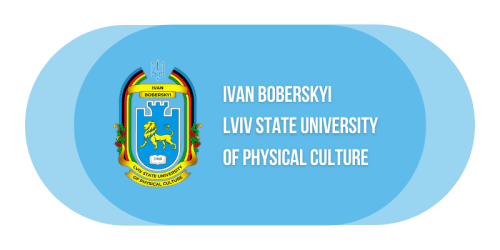| University degree and qualification | First (Bachelor) level
Educational qualification: Bachelor of Arts (BA) in Choreography, Curriculum: Choreography |
| Official name of the curriculum | 024 «Choreography» |
| Type of diploma and scope of the curriculum | BA diploma, single, 240 ECTS credits, duration of study – 4 years |
| Accreditation | Certificate of accreditation from the Ministry of Education and Science of Ukraine Series UD № 14009289 dated July 11, 2018. The certificate is valid until July 1, 2028. Order of the Ministry of Education and Science of Ukraine dated July 11, 2018, №752 (based on the decision of the Accreditation Commission dated July 10, 2018, protocol № 131). |
| Cycle / level | National Qualifications Framework (NQF) of Ukraine – 6th level, EQ-EHEA – 1st cycle, EQF-LLL – 6th level |
| Prerequisites | Complete general secondary education or Educational Qualification Level (EQL) «Junior Specialist» required |
| Additional admission requirements | Admission is carried out in accordance with the admission requirements for the educational and professional program of the respective year of entry and is determined by the admission rules for the bachelor’s degree program at Ivan Boberskyi Lviv State University of Physical Culture |
| Language(s) of instruction | Ukrainian |
| Validity of the curriculum | |
| Internet address of the curriculum description | https://www.ldufk.edu.ua |
| Subject area (branch of knowledge, specialty, specialization)
|
Object of study and activity: choreography as an artistic phenomenon, theory and practice of choreographic art and education.
Educational goal – training of qualified specialists in performing arts, choreography, teaching, and methodological activities in the field of primary, specialized, and professional pre-higher arts education. Theoretical content of the subject area:
Methods, methodologies and technologies:
Tools and equipment:
|
|
| Orientation of the curriculum | The curriculum has applied significance and involves the training of specialists who must possess modern knowledge, methods and means of carrying out effective performing, choreographic, teaching, and methodological activities in institutions of primary, specialized, and professional pre-higher art education. | |
| Main focus of the curriculum and specializations | Special choreographic education in the field of knowledge 02 «Culture and Art», in the specialty 024 «Choreography», provides a solid foundation for certain employment and the possibility of further education and career growth. Emphasis on the formation of professional competencies that ensure successful activity in the field of choreography, including sports choreography, taking into account the current state of the theory and practice of choreographic art.
Keywords: performing, choreographic, teaching, and methodological activity, sports choreography, choreographic art. |
|
| Features of the curriculum | The program is developed in accordance with the Higher Education Standard of Ukraine, taking into account modern labor market needs in the field of choreography, including sports choreography. | |
| Eligibility for employment | A BA in Choreography graduate can work in concert institutions: philharmonic halls, music and drama theatres, houses of creativity, folk art institutions, state, municipal, military and other choral and orchestral groups, ensembles, choreographic performance projects, etc.; work as choreography teachers in secondary schools, nonschool art educational institutions (art schools, choreographic studios, etc.). Professional job titles that a BA in Choreography can perform (according to the State Classification of Professions of Ukraine):
|
|
| Further education | The opportunity to continue studies at the second (master’s) level of higher education. Acquisition of additional qualifications in the postgraduate education system | |
| Assessment | A comprehensive system for testing students’ knowledge, abilities and skills is carried out according to the Regulations on the organization of the educational process at Ivan Boberskyi Lviv State University of Physical Culture.
Forms of ongoing and final assessment aimed at mastering the educational material of the educational program: oral and practical examinations, credit tests, defense of reports on pedagogical, organizational, sports and professional practices, intermediate module control, oral and practical presentations, public defense of a course work. |
|
